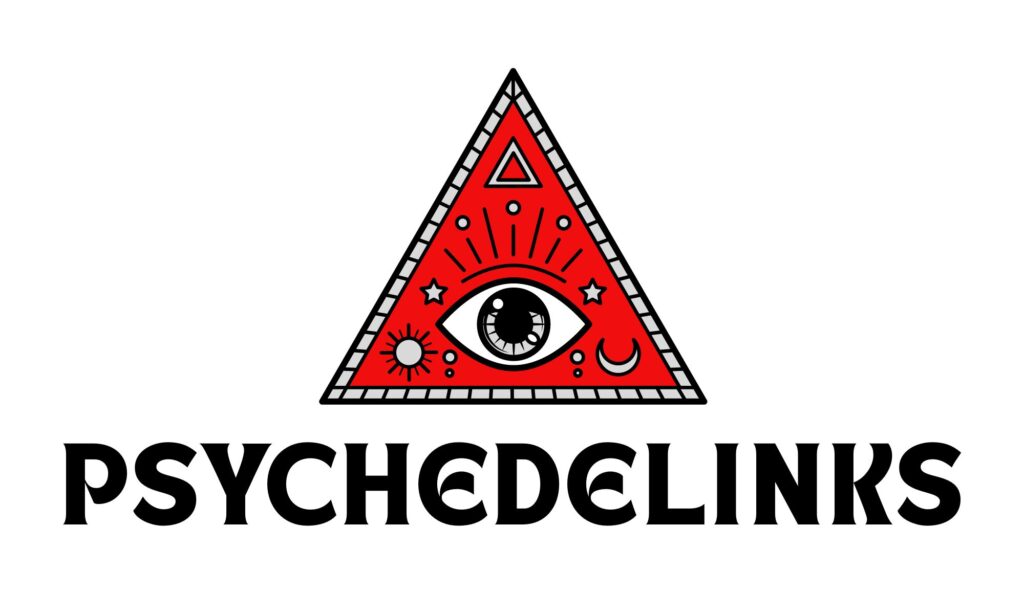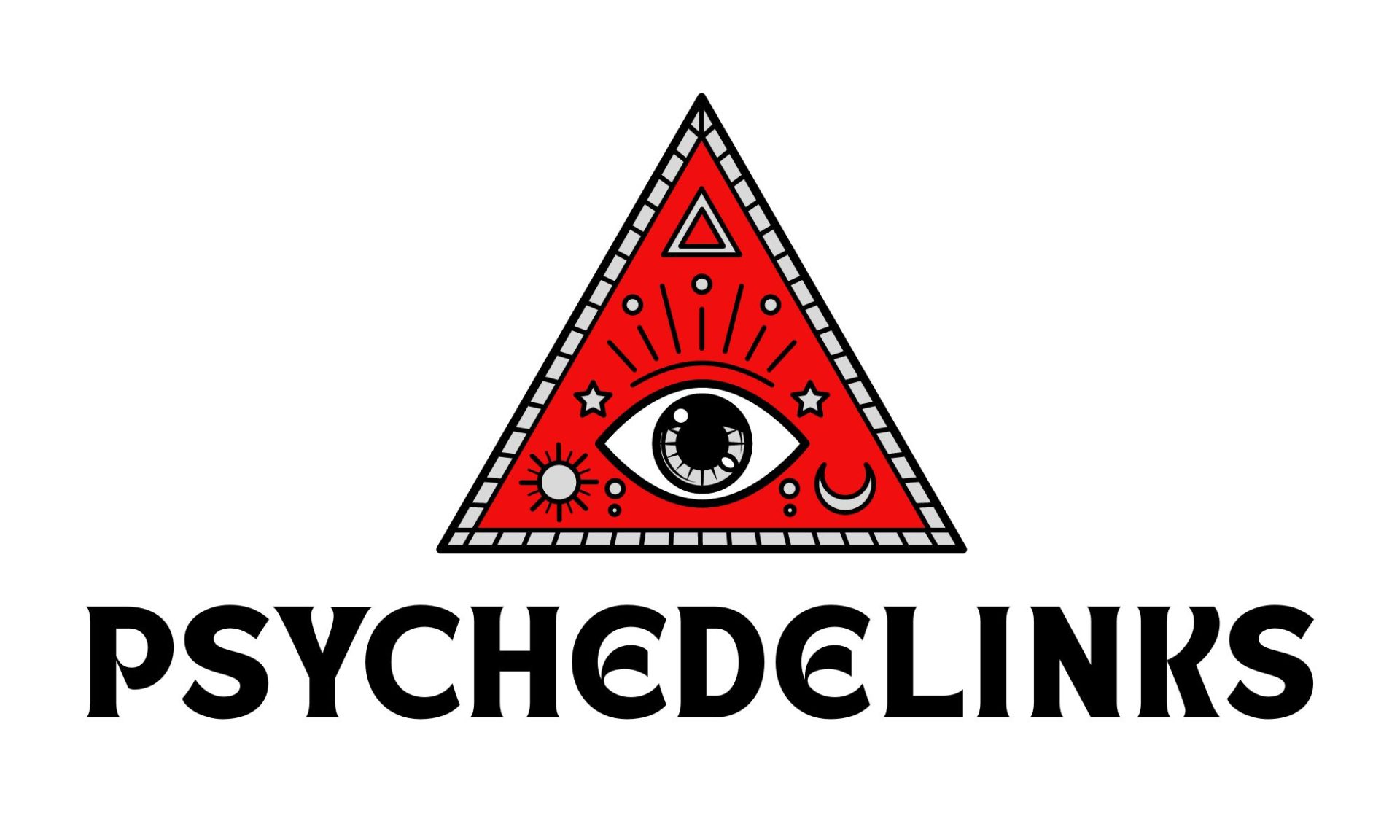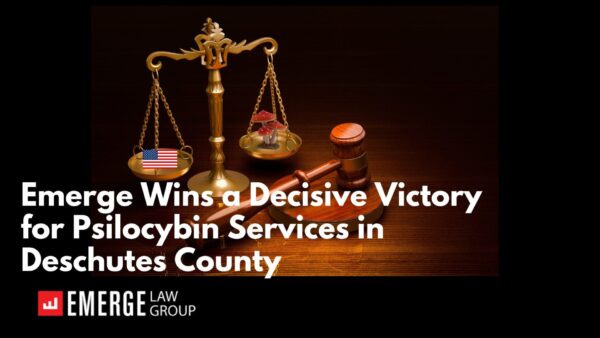PsychedeLinks is a curated selection of top news stories impacting business, research, and culture in the psychedelics ecosystem, crafted by Emerge Law Group’s groundbreaking Psychedelics Group.
Emerge’s Hot Take
HB 2387, which cleared the House unanimously in a 55 to 0 vote last month, now awaits Governor Kotek’s approval. If enacted, the bill will allow licensed medical and mental health professionals holding a psilocybin facilitator license to discuss, and in some cases, administer psilocybin therapy to patients. Additionally, the bill restructures the Oregon Psilocybin Advisory Board, requires psilocin potency to be disclosed on product labels, permits the OHA to deny license applicants due to inability to pass a criminal records check, and broadens permissions for regulatory data sharing between agencies. Declared an emergency measure, HB 2387 would take effect immediately upon becoming law.
“I applaud the Legislature’s efforts to make it easier for licensed health care and behavioral health care professionals to apply their professional skills in certain aspects of legal psilocybin services,” noted Emerge attorney Alex Berger. “However, the bill’s language is not crystal clear in terms of the extent and the nature of protections afforded to such professionals and which psilocybin-related and health care-related activities they may simultaneously engage in.
“It also appears that, though an important step in the evolution of Oregon’s psilocybin services, the ‘dual professional licensure’ provisions overshadow some of the other key changes contained in the bill. Those changes include expanding the OHA’s ability to deny a psilocybin license or worker permit application if the applicant does not have an ‘approved’ criminal records check, without providing specific criteria for such approval, and expanding OHA’s ability to share confidential information with ‘public entities,’ including district attorneys, law enforcement agencies, and agencies of other states that regulate psilocybin.
“I don’t think we’ll understand the full effects of HB 2387 until OHA adopts rules implementing the bill. It should make for an interesting rulemaking cycle this year.”
Other Noteworthy News
NPR KUOW – Though efforts to legalize psilocybin mushrooms statewide in Washington have faltered due to concerns about cost, access, commercialization, and conflicting visions among advocates, a growing grassroots movement is pushing forward through local decriminalization measures and community-based psychedelic societies that emphasize education, mutual support, and equitable access.
Cities like Port Townsend, Seattle, and Olympia have passed resolutions deprioritizing enforcement of psychedelic-related offenses, while groups such as the Psychedelic Medicine Alliance and REACH Washington work to expand public understanding and influence policy from the ground up. Additionally, researchers at institutions like the University of Washington are conducting clinical trials demonstrating psilocybin’s potential to treat conditions like depression, PTSD, and addiction, and palliative care physician Dr. Sunil Aggarwal has advanced a petition to reclassify psilocybin at the federal level (the petition is now under review).
Alongside the focus on research of psilocybin-assisted therapies, advocates stress the importance of preserving psilocybin’s cultural and communal roots, warning against a purely commercial model that could limit access and repeat the mistakes of cannabis legalization.
How ‘Magic Mushrooms’ could help Parkinson’s disease patients
UCSF RESEARCH – A recent pilot study by UC San Francisco has found that psilocybin may significantly improve mood, cognition, and motor function in patients with Parkinson’s disease. This marks the first time a psychedelic has been tested in a neurodegenerative condition – researchers believe psilocybin may support brain repair by promoting neuroplasticity and reduce inflammation.
The study involved 12 participants with mild to moderate Parkinson’s who received two doses of psilocybin and underwent psychotherapy, with improvements lasting up to three months post-treatment. These promising results have led to a larger trial involving 100 participants at UCSF and Yale, funded in part by the Michael J. Fox Foundation.
UW psilocybin study gives man second chance after 10-year opioid addiction
WISCONSIN EXAMINER – A formerly addicted Wisconsin man, Richard Schaefer, credits a University of Wisconsin-Madison psilocybin therapy study with transforming his life after years of failed treatments for opioid addiction. Schaefer, once a successful professional who lost everything to heroin use, joined the study after seeing an ad while picking up harm reduction supplies. With the support of trained therapists, Schaefer underwent two psilocybin sessions that he described as deeply healing and spiritually profound, helping him reconnect with himself and find emotional freedom. Now clean, Schaefer is training to become a peer support specialist and advocate for alternative addiction treatments.
LISTEN – Love Letters: Shroom with a View
APPLE PODCASTS – “Michael’s anxiety got so bad it was starting to ruin his marriage. That’s why he flew to Oregon for a psilocybin treatment that wound up changing his life. But with change … comes more questions. Michael and his husband explain how mushrooms gave them a new perspective … on everything.”
Legislative Updates
DeSantis poised to sign legislation banning psychedelic mushroom spores in Florida
FLORIDA PHOENIX – Governor Ron DeSantis is expected to sign Florida’s 2024 “Farm Bill” (SB 700), which includes a provision criminalizing the trafficking of psilocybin mushroom spores. The measure was quietly inserted into the bill and received no public debate, raising concern among advocates and business owners.
MARIJUANA MOMENT – The Texas House of Representatives gave strong initial approval last week (Mon., May 12) to a Senate-passed bill that would create a state grant program to support research into ibogaine, a psychedelic compound showing promise for treating opioid use disorder (OUD) and other serious mental health conditions. The bill was amended to include ibogaine analogues and now heads back to the Senate for final consideration. It follows other Texas bills passed recently to expedite access to psychedelic therapies—such as psilocybin, MDMA, and ketamine—if federally approved.
Subscribe
Subscribe to PsychedeLinks to receive essential biweekly articles on news, business, and culture in the psychedelics industry, delivered straight to your inbox.




